How Do We Protect Our Schools?
Don’t Ignore the Most important Change Needed in Schools
- February 16, 2018
- |
- 1 Adar 5778
Rabbi YY Jacobson
2332 views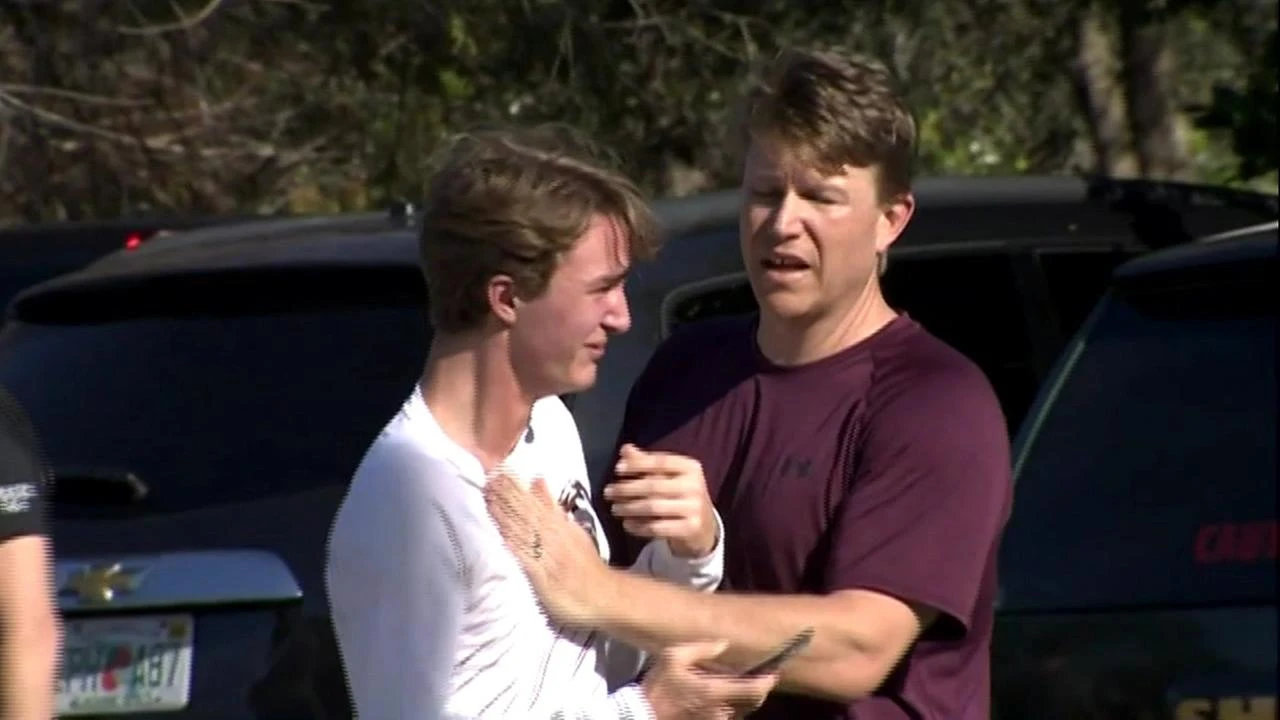
A father comforting his son following the school shooting at Parkland, Florida
How Do We Protect Our Schools?
Don’t Ignore the Most important Change Needed in Schools
Rabbi YY Jacobson
- February 16, 2018
Minutes of carnage have led to a lifetime of grief in Parkland, Florida. Wednesday, February 14, 2018, began as just another day in this idyllic, calm city, where everyone felt safe. It was just another warm Floridian day. It ended as a nightmare which stunned a nation and altered the lives of so many families forever.
A unique pocket in our deepest heart is pierced when we watch parents, grandparents and siblings forced to bid farewell to their children, gunned down so brutally, as they innocently walked the hallways of their beloved school.
Just 24 hours after the massacre, Lori Alhadeff stood near 17 cream-colored angels with gold wings that lined the park stage where a vigil was held Thursday night. One of those angels represented her daughter, Alyssa, 14, who was killed in the shooting at Marjory Stoneman Douglas High School, in Parkland.
Trembling, she said she was there for her daughter, and she was there to talk to anyone who would listen. “My daughter is dead, but all these children out here have to go to school. A shooter should not be able to just walk in,” she said, tears streaming down her face. “I hope she didn’t die for nothing.”
And now, the burning question, what must the nation do to prevent this in the future?
Over the last few days we have been bombarded by numerous solutions. Gun control; beef up security in schools; arm school staff; ensure more care for the mentally challenged in our society, since the murderer Nikolas Cruz apparently was a troubled and lonely child; help children become more social; and so forth.
All of these ideas are of vital importance. Every school in our country must, in this day and age, install metal detectors and examine every single person entering its doors. It is a challenging and sad feat, but it is a necessity. The other suggestions are also critical.
Yet, from the hundreds of reports and articles on the subject, I have not seen any serious discussion on what might be the most important issue at hand.
Guns are dangerous; very dangerous, and we need to control who gets hold of them. But they don’t kill on their own; it is people who use guns to kill. Limiting access to guns is important, but our greatest focus must be on affecting the people who might use these guns to perpetrate violence. To believe that the primary reason for just about all American gun murders is the availability of guns is akin to believing that the cause of all stabbings is the availability of knives. Of course, you have to be careful with knives. But what we need more than anything else is to educate our children that they are obliged by absolute moral values.
Ditto with mental and emotional challenges. After every massacre we read reports about how the murderer was a weird character, had mental problems, or “snapped.” When 20-year old Adam Lanza shot his way into Sandy Hook Elementary School and killed 26 people, on Dec. 14, 2012, the horror was attributed to his suffering from Aspergers Syndrome. As 19-year old Nikolas Cruz turned up on Wednesday at Marjory Stoneman Douglas High School in Parkland, Florida, and killed 17 people with a semiautomatic rifle, stories began circulating about a troubled and strange young man, expelled from his school, posting pictures of weapons and dead animals on social media.
All of this may be true. But as a result, the entire focus on future prevention is not on moral improvement of our youth, but on treating the mentally ill or gun control.
That is wrong. Even most challenged people, suffering from a host of problems, can be taught that there is something called right and wrong; that G-d holds every human being responsible for his or her actions, that our Divine Creator observes everything we do and expects of us to be caring.
Autistic people, lonely people, troubled people, like everyone else, can be taught the difference between good and evil. You and I know many people who suffer from all types of psychological and mental challenges, some very severe, who would never harm an innocent person. Why? Because the value of life and the sacredness of another human is etched in the depths of their psyches through the education they received. The thought of killing a child, even if entertained, never materializes.
Sure, on some rare occasions mental illness may be the only possible explanation for evil. But the fact is that when American schools emphasized character development, and when nearly all Americans believed that there is a G-d who forbids and punishes murder, such massacres rarely took place. Our schools were safe.
When people "snapped" during the Great Depression some of them did kill… themselves, not others. Some European Jews who survived the Holocaust "snapped" after seeing their families murdered. Yet I know of no survivor of the Holocaust who massacred innocent Germans, Poles, Ukrainians, Hungarians, or Frenchmen, let alone Americans. Why not? Because from their mother’s milk, and through all their years of education, they were ingrained with the absolute ethical value of “Thou shall not murder.”
After the Sandy Hook massacre, Michael Ryan wrote on CNN: “I am not an expert on Asperger's syndrome. But I am an expert on me, and I have Asperger's. And attention deficit hyperactivity disorder. And a bit of obsessive-compulsive disorder. Having all three disorders together is not unusual, my doctor says.
“Like you, I get angry sometimes. And, like you, I would never think of channeling that emotion into violence. There is no direct connection between violence and autism. None. I don't break things. I don't hit my dogs. I keep a small Tupperware container in the house to catch insects so I can transport them safely outside before my cats or wife see them. I don't disparage hunters, but I could never kill another creature. I just don't have it in me. For the most part, I am just like you, just a bit quirky. All right, a lot quirky.”
Why did the moral standards of our youth deteriorate astonishingly, from one extreme to the other, over the last few decades? Both in outlook and in action, we observe an almost sub-human behavior among many of the youth. Things that youngsters would not imagine to do decades ago, are now the norm. Where did we go wrong?
We stopped focusing on the most important goal of education: values, character development, and cultivating a moral conscience in each of our youngsters. We stopped teaching children that the most important aspect of life is knowing right from wrong.
I grew up in a Jewish orthodox school in Brooklyn. There were many children who came from dysfunctional homes, who were poor, who were bullied, who were molested, and who suffered from emotional challenges. In the 16 years I spent in that same school, no child ever picked up a knife to another student or to a teacher. We lit smoke bombs, we harassed our poor teachers, and we were obnoxious. Some kids placed a raw egg under the seat of a teacher they disliked; others “built” 200 paper airplanes which they sent flying at one of the teachers (it turns out now, he more than deserved it. He was a molester). But this was the extent of the crimes we could conceive of, even those in the school who were truly underprivileged.
Why was this so? Because each of these children absorbed in their mother’s milk, and during each day of education they received, that stabbing and killing another human being is absolutely evil; it is eternally wrong. It is not a social norm, or only against US law; it is essentially and intrinsically evil, and G-d holds each of us responsible for immoral behavior.
This is what penetrates the hearts and souls of children.
This is what children need to hear, each day of their lives.
Teaching children that murder is wrong because it is against the law, or it is not “nice,” does not penetrate the heart of hearts of many youth. It is a shallow argument. By teaching our children that the Creator and Ruler of the world has deemed certain behaviors as wrong and evil, and this Creator cares about the behavior of every person and expects of him/her to behave with goodness and kindness toward others, and will hold this child responsible for their actions, we can hope to ingrain these values in them in a far more effective way. The child must be given to understand that the world is not a jungle, for there is a Creator and Master who sees and evaluates all his actions, there is an, in the expression of the Talmud, an "eye that sees and the ear that hears."
When morality is based on my own moods and inclinations, or the norms of the school or the society, I can end up justifying the most heinous crimes. Germany was the most advanced nation in science and philosophy, yet in the name of science it produced the most chilling criminals in the annals of human history.
King David put it in Psalms: “The genesis of wisdom is the fear of G-d.” When children are inculcated from the youngest age with a “fear of G-d,” in the healthiest sense of the term, with a recognition that G-d has deemed certain behaviors evil, and He is watching them, there is a far greater chance for them to behave morally, despite internal turmoil and all types of challenges life my confer upon them.
Faith, of course, can also become a source of evil. Ask the Islamists. When we teach our children that G-d wants them to murder “infidels,” religion becomes toxic and dangerous. Yet the solution is not to dismiss the notion of absolute right and wrong, just as the solution for obesity and cholesterol is not to stop eating all together; it is to stop eating the wrong foods.
One whatsapp message going around today captured it well.
“Dear God, why do you allow so much violence in our schools? Signed, a concerned student.
“Dear concerned student, I’m not allowed in schools. Signed, God.”
A Single Man’s Revolution
There is one man I know seeking to create some change in one city.[1]
At the border of Crown Heights and Brownsville, in an impoverished corner of Brooklyn, stands the hulking, tan brick building that houses P.S. 191, the Paul Robeson School.
The school serves a student population that is remarkable in its disadvantage: 99% of its roughly 300 students in pre-kindergarten through fifth grade qualify for free or reduced-price lunches; some live at the homeless shelter next door.
But every morning at 8:30, half an hour after rambunctious kids come bouncing into the building in their blue school uniforms, this school becomes remarkable in a different way.
It gets quiet. For a full minute, there is only silence.
After a teacher and a handful of students announce the moment of silence over the loudspeaker system and offer something to think about for that day — a personal goal, or how to help someone else — each and every person at P.S. 191, from the littlest 4-year-old pre-kindergartener to the principal, pauses for 60 seconds.
P.S. 191 has been observing this morning ritual for the past three years, ever since Avraham Frank, a Chabad Chasidic Jew heeding the late Lubavitcher Rebbe’s call (back in the 70s and 80s when the violence in schools increased dramatically) for a daily moment of silence in public schools, walked in off the street and introduced the idea to the principal. So far Frank, a white-bearded 64-year-old with a day job managing home attendants for New York City’s Human Resources Administration, has persuaded administrators at 13 public schools in Brooklyn, Manhattan and Queens to institute a moment of silence.
His goal, he said, is to get moments of silence into schools “all over the city.”
Though school-sponsored prayer in American public schools has been prohibited since the 1962 U.S. Supreme Court decision in Engel v. Vitale, voluntary, student-initiated, private prayer is not. In response to the ban on school-sponsored prayer, there has been a nationwide push for the introduction into public schools of daily moments of silence that students can use to pray or reflect.
“I have seen tremendous changes behavior-wise and in terms of punctuality,” said Sonia Witter-Clue, the supervising school aide. “The kids want to be here for the moment of silence. When they miss it, you can see they’re upset.”
Her 5-year-old granddaughter and 8-year-old son, both students at P.S. 191, love it so much that they insist on having a moment of silence even at home on the weekends, she said.
And it has had a direct impact on the kids’ academic success, said Hadar Gafhi, the school’s assistant principal.
“It focuses the children,” she said. During the moment of silence “they’ve made their resolutions for the day and are ready to learn, and they get right to work,” Gafhi said. “We’re seeing tremendous academic growth in our kids.”
Today, we need a paradigm shift in education both at home and in schools across the country. We must teach our children to be “mentchen” not only for the police not to get them in trouble or for people to disapprove of their behavior, but because there is something called right and wrong—and it matters. Kids will get that.
The Rebbe to Reagan
Thirty years ago, on May 17, 1987, the Lubavitcher Rebbe, Rabbi Menachem Mendel Schneerson, penned a letter to President Ronald Reagan in The White House.
“…It is particularly gratifying that you… bring to the attention of the Nation and of the International community the need of upgrading education in terms of moral values, without which no true education can be considered complete.
“Consistent with your often declared position, that ‘no true education can leave out the moral and spiritual dimensions of human life and human striving,’ you, Mr. President, once again remind parents and teachers, in the opening paragraph of your Proclamation, that their sacred trust to children must include "wisdom, love, decency, moral courage and compassion, as part of everyone's education." Indeed, where these values are lacking, education is - to use a classical phrase – “like a body without a soul."
“With the summer recess approaching, one cannot help wondering how many juveniles could be encouraged to use their free time productively, rather than getting into mischief - if they were mindful of - to quote your words - a Supreme Being and a Law higher than man's…”
[1] http://forward.com/articles/124918/evangelist-for-silence-promotes-a-quiet-gift/
- Comment
Class Summary:
Don’t Ignore the Most important Change Needed in Schools
In loving memory of Michel ben Shlomo Meir, Mr. Mitcheal Bloom, in honor of his yartzeit on 1 Adar. Dedicated by his daughter Cindy Romand
Minutes of carnage have led to a lifetime of grief in Parkland, Florida. Wednesday, February 14, 2018, began as just another day in this idyllic, calm city, where everyone felt safe. It was just another warm Floridian day. It ended as a nightmare which stunned a nation and altered the lives of so many families forever.
A unique pocket in our deepest heart is pierced when we watch parents, grandparents and siblings forced to bid farewell to their children, gunned down so brutally, as they innocently walked the hallways of their beloved school.
Just 24 hours after the massacre, Lori Alhadeff stood near 17 cream-colored angels with gold wings that lined the park stage where a vigil was held Thursday night. One of those angels represented her daughter, Alyssa, 14, who was killed in the shooting at Marjory Stoneman Douglas High School, in Parkland.
Trembling, she said she was there for her daughter, and she was there to talk to anyone who would listen. “My daughter is dead, but all these children out here have to go to school. A shooter should not be able to just walk in,” she said, tears streaming down her face. “I hope she didn’t die for nothing.”
And now, the burning question, what must the nation do to prevent this in the future?
Over the last few days we have been bombarded by numerous solutions. Gun control; beef up security in schools; arm school staff; ensure more care for the mentally challenged in our society, since the murderer Nikolas Cruz apparently was a troubled and lonely child; help children become more social; and so forth.
All of these ideas are of vital importance. Every school in our country must, in this day and age, install metal detectors and examine every single person entering its doors. It is a challenging and sad feat, but it is a necessity. The other suggestions are also critical.
Yet, from the hundreds of reports and articles on the subject, I have not seen any serious discussion on what might be the most important issue at hand.
Guns are dangerous; very dangerous, and we need to control who gets hold of them. But they don’t kill on their own; it is people who use guns to kill. Limiting access to guns is important, but our greatest focus must be on affecting the people who might use these guns to perpetrate violence. To believe that the primary reason for just about all American gun murders is the availability of guns is akin to believing that the cause of all stabbings is the availability of knives. Of course, you have to be careful with knives. But what we need more than anything else is to educate our children that they are obliged by absolute moral values.
Ditto with mental and emotional challenges. After every massacre we read reports about how the murderer was a weird character, had mental problems, or “snapped.” When 20-year old Adam Lanza shot his way into Sandy Hook Elementary School and killed 26 people, on Dec. 14, 2012, the horror was attributed to his suffering from Aspergers Syndrome. As 19-year old Nikolas Cruz turned up on Wednesday at Marjory Stoneman Douglas High School in Parkland, Florida, and killed 17 people with a semiautomatic rifle, stories began circulating about a troubled and strange young man, expelled from his school, posting pictures of weapons and dead animals on social media.
All of this may be true. But as a result, the entire focus on future prevention is not on moral improvement of our youth, but on treating the mentally ill or gun control.
That is wrong. Even most challenged people, suffering from a host of problems, can be taught that there is something called right and wrong; that G-d holds every human being responsible for his or her actions, that our Divine Creator observes everything we do and expects of us to be caring.
Autistic people, lonely people, troubled people, like everyone else, can be taught the difference between good and evil. You and I know many people who suffer from all types of psychological and mental challenges, some very severe, who would never harm an innocent person. Why? Because the value of life and the sacredness of another human is etched in the depths of their psyches through the education they received. The thought of killing a child, even if entertained, never materializes.
Sure, on some rare occasions mental illness may be the only possible explanation for evil. But the fact is that when American schools emphasized character development, and when nearly all Americans believed that there is a G-d who forbids and punishes murder, such massacres rarely took place. Our schools were safe.
When people "snapped" during the Great Depression some of them did kill… themselves, not others. Some European Jews who survived the Holocaust "snapped" after seeing their families murdered. Yet I know of no survivor of the Holocaust who massacred innocent Germans, Poles, Ukrainians, Hungarians, or Frenchmen, let alone Americans. Why not? Because from their mother’s milk, and through all their years of education, they were ingrained with the absolute ethical value of “Thou shall not murder.”
After the Sandy Hook massacre, Michael Ryan wrote on CNN: “I am not an expert on Asperger's syndrome. But I am an expert on me, and I have Asperger's. And attention deficit hyperactivity disorder. And a bit of obsessive-compulsive disorder. Having all three disorders together is not unusual, my doctor says.
“Like you, I get angry sometimes. And, like you, I would never think of channeling that emotion into violence. There is no direct connection between violence and autism. None. I don't break things. I don't hit my dogs. I keep a small Tupperware container in the house to catch insects so I can transport them safely outside before my cats or wife see them. I don't disparage hunters, but I could never kill another creature. I just don't have it in me. For the most part, I am just like you, just a bit quirky. All right, a lot quirky.”
Why did the moral standards of our youth deteriorate astonishingly, from one extreme to the other, over the last few decades? Both in outlook and in action, we observe an almost sub-human behavior among many of the youth. Things that youngsters would not imagine to do decades ago, are now the norm. Where did we go wrong?
We stopped focusing on the most important goal of education: values, character development, and cultivating a moral conscience in each of our youngsters. We stopped teaching children that the most important aspect of life is knowing right from wrong.
I grew up in a Jewish orthodox school in Brooklyn. There were many children who came from dysfunctional homes, who were poor, who were bullied, who were molested, and who suffered from emotional challenges. In the 16 years I spent in that same school, no child ever picked up a knife to another student or to a teacher. We lit smoke bombs, we harassed our poor teachers, and we were obnoxious. Some kids placed a raw egg under the seat of a teacher they disliked; others “built” 200 paper airplanes which they sent flying at one of the teachers (it turns out now, he more than deserved it. He was a molester). But this was the extent of the crimes we could conceive of, even those in the school who were truly underprivileged.
Why was this so? Because each of these children absorbed in their mother’s milk, and during each day of education they received, that stabbing and killing another human being is absolutely evil; it is eternally wrong. It is not a social norm, or only against US law; it is essentially and intrinsically evil, and G-d holds each of us responsible for immoral behavior.
This is what penetrates the hearts and souls of children.
This is what children need to hear, each day of their lives.
Teaching children that murder is wrong because it is against the law, or it is not “nice,” does not penetrate the heart of hearts of many youth. It is a shallow argument. By teaching our children that the Creator and Ruler of the world has deemed certain behaviors as wrong and evil, and this Creator cares about the behavior of every person and expects of him/her to behave with goodness and kindness toward others, and will hold this child responsible for their actions, we can hope to ingrain these values in them in a far more effective way. The child must be given to understand that the world is not a jungle, for there is a Creator and Master who sees and evaluates all his actions, there is an, in the expression of the Talmud, an "eye that sees and the ear that hears."
When morality is based on my own moods and inclinations, or the norms of the school or the society, I can end up justifying the most heinous crimes. Germany was the most advanced nation in science and philosophy, yet in the name of science it produced the most chilling criminals in the annals of human history.
King David put it in Psalms: “The genesis of wisdom is the fear of G-d.” When children are inculcated from the youngest age with a “fear of G-d,” in the healthiest sense of the term, with a recognition that G-d has deemed certain behaviors evil, and He is watching them, there is a far greater chance for them to behave morally, despite internal turmoil and all types of challenges life my confer upon them.
Faith, of course, can also become a source of evil. Ask the Islamists. When we teach our children that G-d wants them to murder “infidels,” religion becomes toxic and dangerous. Yet the solution is not to dismiss the notion of absolute right and wrong, just as the solution for obesity and cholesterol is not to stop eating all together; it is to stop eating the wrong foods.
One whatsapp message going around today captured it well.
“Dear God, why do you allow so much violence in our schools? Signed, a concerned student.
“Dear concerned student, I’m not allowed in schools. Signed, God.”
A Single Man’s Revolution
There is one man I know seeking to create some change in one city.[1]
At the border of Crown Heights and Brownsville, in an impoverished corner of Brooklyn, stands the hulking, tan brick building that houses P.S. 191, the Paul Robeson School.
The school serves a student population that is remarkable in its disadvantage: 99% of its roughly 300 students in pre-kindergarten through fifth grade qualify for free or reduced-price lunches; some live at the homeless shelter next door.
But every morning at 8:30, half an hour after rambunctious kids come bouncing into the building in their blue school uniforms, this school becomes remarkable in a different way.
It gets quiet. For a full minute, there is only silence.
After a teacher and a handful of students announce the moment of silence over the loudspeaker system and offer something to think about for that day — a personal goal, or how to help someone else — each and every person at P.S. 191, from the littlest 4-year-old pre-kindergartener to the principal, pauses for 60 seconds.
P.S. 191 has been observing this morning ritual for the past three years, ever since Avraham Frank, a Chabad Chasidic Jew heeding the late Lubavitcher Rebbe’s call (back in the 70s and 80s when the violence in schools increased dramatically) for a daily moment of silence in public schools, walked in off the street and introduced the idea to the principal. So far Frank, a white-bearded 64-year-old with a day job managing home attendants for New York City’s Human Resources Administration, has persuaded administrators at 13 public schools in Brooklyn, Manhattan and Queens to institute a moment of silence.
His goal, he said, is to get moments of silence into schools “all over the city.”
Though school-sponsored prayer in American public schools has been prohibited since the 1962 U.S. Supreme Court decision in Engel v. Vitale, voluntary, student-initiated, private prayer is not. In response to the ban on school-sponsored prayer, there has been a nationwide push for the introduction into public schools of daily moments of silence that students can use to pray or reflect.
“I have seen tremendous changes behavior-wise and in terms of punctuality,” said Sonia Witter-Clue, the supervising school aide. “The kids want to be here for the moment of silence. When they miss it, you can see they’re upset.”
Her 5-year-old granddaughter and 8-year-old son, both students at P.S. 191, love it so much that they insist on having a moment of silence even at home on the weekends, she said.
And it has had a direct impact on the kids’ academic success, said Hadar Gafhi, the school’s assistant principal.
“It focuses the children,” she said. During the moment of silence “they’ve made their resolutions for the day and are ready to learn, and they get right to work,” Gafhi said. “We’re seeing tremendous academic growth in our kids.”
Today, we need a paradigm shift in education both at home and in schools across the country. We must teach our children to be “mentchen” not only for the police not to get them in trouble or for people to disapprove of their behavior, but because there is something called right and wrong—and it matters. Kids will get that.
The Rebbe to Reagan
Thirty years ago, on May 17, 1987, the Lubavitcher Rebbe, Rabbi Menachem Mendel Schneerson, penned a letter to President Ronald Reagan in The White House.
“…It is particularly gratifying that you… bring to the attention of the Nation and of the International community the need of upgrading education in terms of moral values, without which no true education can be considered complete.
“Consistent with your often declared position, that ‘no true education can leave out the moral and spiritual dimensions of human life and human striving,’ you, Mr. President, once again remind parents and teachers, in the opening paragraph of your Proclamation, that their sacred trust to children must include "wisdom, love, decency, moral courage and compassion, as part of everyone's education." Indeed, where these values are lacking, education is - to use a classical phrase – “like a body without a soul."
“With the summer recess approaching, one cannot help wondering how many juveniles could be encouraged to use their free time productively, rather than getting into mischief - if they were mindful of - to quote your words - a Supreme Being and a Law higher than man's…”
[1] http://forward.com/articles/124918/evangelist-for-silence-promotes-a-quiet-gift/
Rabbi YY Jacobson
- February 16, 2018
- |
- 1 Adar 5778
- |
- 2332 views
How Do We Protect Our Schools?
Don’t Ignore the Most important Change Needed in Schools
Rabbi YY Jacobson
- February 16, 2018
Minutes of carnage have led to a lifetime of grief in Parkland, Florida. Wednesday, February 14, 2018, began as just another day in this idyllic, calm city, where everyone felt safe. It was just another warm Floridian day. It ended as a nightmare which stunned a nation and altered the lives of so many families forever.
A unique pocket in our deepest heart is pierced when we watch parents, grandparents and siblings forced to bid farewell to their children, gunned down so brutally, as they innocently walked the hallways of their beloved school.
Just 24 hours after the massacre, Lori Alhadeff stood near 17 cream-colored angels with gold wings that lined the park stage where a vigil was held Thursday night. One of those angels represented her daughter, Alyssa, 14, who was killed in the shooting at Marjory Stoneman Douglas High School, in Parkland.
Trembling, she said she was there for her daughter, and she was there to talk to anyone who would listen. “My daughter is dead, but all these children out here have to go to school. A shooter should not be able to just walk in,” she said, tears streaming down her face. “I hope she didn’t die for nothing.”
And now, the burning question, what must the nation do to prevent this in the future?
Over the last few days we have been bombarded by numerous solutions. Gun control; beef up security in schools; arm school staff; ensure more care for the mentally challenged in our society, since the murderer Nikolas Cruz apparently was a troubled and lonely child; help children become more social; and so forth.
All of these ideas are of vital importance. Every school in our country must, in this day and age, install metal detectors and examine every single person entering its doors. It is a challenging and sad feat, but it is a necessity. The other suggestions are also critical.
Yet, from the hundreds of reports and articles on the subject, I have not seen any serious discussion on what might be the most important issue at hand.
Guns are dangerous; very dangerous, and we need to control who gets hold of them. But they don’t kill on their own; it is people who use guns to kill. Limiting access to guns is important, but our greatest focus must be on affecting the people who might use these guns to perpetrate violence. To believe that the primary reason for just about all American gun murders is the availability of guns is akin to believing that the cause of all stabbings is the availability of knives. Of course, you have to be careful with knives. But what we need more than anything else is to educate our children that they are obliged by absolute moral values.
Ditto with mental and emotional challenges. After every massacre we read reports about how the murderer was a weird character, had mental problems, or “snapped.” When 20-year old Adam Lanza shot his way into Sandy Hook Elementary School and killed 26 people, on Dec. 14, 2012, the horror was attributed to his suffering from Aspergers Syndrome. As 19-year old Nikolas Cruz turned up on Wednesday at Marjory Stoneman Douglas High School in Parkland, Florida, and killed 17 people with a semiautomatic rifle, stories began circulating about a troubled and strange young man, expelled from his school, posting pictures of weapons and dead animals on social media.
All of this may be true. But as a result, the entire focus on future prevention is not on moral improvement of our youth, but on treating the mentally ill or gun control.
That is wrong. Even most challenged people, suffering from a host of problems, can be taught that there is something called right and wrong; that G-d holds every human being responsible for his or her actions, that our Divine Creator observes everything we do and expects of us to be caring.
Autistic people, lonely people, troubled people, like everyone else, can be taught the difference between good and evil. You and I know many people who suffer from all types of psychological and mental challenges, some very severe, who would never harm an innocent person. Why? Because the value of life and the sacredness of another human is etched in the depths of their psyches through the education they received. The thought of killing a child, even if entertained, never materializes.
Sure, on some rare occasions mental illness may be the only possible explanation for evil. But the fact is that when American schools emphasized character development, and when nearly all Americans believed that there is a G-d who forbids and punishes murder, such massacres rarely took place. Our schools were safe.
When people "snapped" during the Great Depression some of them did kill… themselves, not others. Some European Jews who survived the Holocaust "snapped" after seeing their families murdered. Yet I know of no survivor of the Holocaust who massacred innocent Germans, Poles, Ukrainians, Hungarians, or Frenchmen, let alone Americans. Why not? Because from their mother’s milk, and through all their years of education, they were ingrained with the absolute ethical value of “Thou shall not murder.”
After the Sandy Hook massacre, Michael Ryan wrote on CNN: “I am not an expert on Asperger's syndrome. But I am an expert on me, and I have Asperger's. And attention deficit hyperactivity disorder. And a bit of obsessive-compulsive disorder. Having all three disorders together is not unusual, my doctor says.
“Like you, I get angry sometimes. And, like you, I would never think of channeling that emotion into violence. There is no direct connection between violence and autism. None. I don't break things. I don't hit my dogs. I keep a small Tupperware container in the house to catch insects so I can transport them safely outside before my cats or wife see them. I don't disparage hunters, but I could never kill another creature. I just don't have it in me. For the most part, I am just like you, just a bit quirky. All right, a lot quirky.”
Why did the moral standards of our youth deteriorate astonishingly, from one extreme to the other, over the last few decades? Both in outlook and in action, we observe an almost sub-human behavior among many of the youth. Things that youngsters would not imagine to do decades ago, are now the norm. Where did we go wrong?
We stopped focusing on the most important goal of education: values, character development, and cultivating a moral conscience in each of our youngsters. We stopped teaching children that the most important aspect of life is knowing right from wrong.
I grew up in a Jewish orthodox school in Brooklyn. There were many children who came from dysfunctional homes, who were poor, who were bullied, who were molested, and who suffered from emotional challenges. In the 16 years I spent in that same school, no child ever picked up a knife to another student or to a teacher. We lit smoke bombs, we harassed our poor teachers, and we were obnoxious. Some kids placed a raw egg under the seat of a teacher they disliked; others “built” 200 paper airplanes which they sent flying at one of the teachers (it turns out now, he more than deserved it. He was a molester). But this was the extent of the crimes we could conceive of, even those in the school who were truly underprivileged.
Why was this so? Because each of these children absorbed in their mother’s milk, and during each day of education they received, that stabbing and killing another human being is absolutely evil; it is eternally wrong. It is not a social norm, or only against US law; it is essentially and intrinsically evil, and G-d holds each of us responsible for immoral behavior.
This is what penetrates the hearts and souls of children.
This is what children need to hear, each day of their lives.
Teaching children that murder is wrong because it is against the law, or it is not “nice,” does not penetrate the heart of hearts of many youth. It is a shallow argument. By teaching our children that the Creator and Ruler of the world has deemed certain behaviors as wrong and evil, and this Creator cares about the behavior of every person and expects of him/her to behave with goodness and kindness toward others, and will hold this child responsible for their actions, we can hope to ingrain these values in them in a far more effective way. The child must be given to understand that the world is not a jungle, for there is a Creator and Master who sees and evaluates all his actions, there is an, in the expression of the Talmud, an "eye that sees and the ear that hears."
When morality is based on my own moods and inclinations, or the norms of the school or the society, I can end up justifying the most heinous crimes. Germany was the most advanced nation in science and philosophy, yet in the name of science it produced the most chilling criminals in the annals of human history.
King David put it in Psalms: “The genesis of wisdom is the fear of G-d.” When children are inculcated from the youngest age with a “fear of G-d,” in the healthiest sense of the term, with a recognition that G-d has deemed certain behaviors evil, and He is watching them, there is a far greater chance for them to behave morally, despite internal turmoil and all types of challenges life my confer upon them.
Faith, of course, can also become a source of evil. Ask the Islamists. When we teach our children that G-d wants them to murder “infidels,” religion becomes toxic and dangerous. Yet the solution is not to dismiss the notion of absolute right and wrong, just as the solution for obesity and cholesterol is not to stop eating all together; it is to stop eating the wrong foods.
One whatsapp message going around today captured it well.
“Dear God, why do you allow so much violence in our schools? Signed, a concerned student.
“Dear concerned student, I’m not allowed in schools. Signed, God.”
A Single Man’s Revolution
There is one man I know seeking to create some change in one city.[1]
At the border of Crown Heights and Brownsville, in an impoverished corner of Brooklyn, stands the hulking, tan brick building that houses P.S. 191, the Paul Robeson School.
The school serves a student population that is remarkable in its disadvantage: 99% of its roughly 300 students in pre-kindergarten through fifth grade qualify for free or reduced-price lunches; some live at the homeless shelter next door.
But every morning at 8:30, half an hour after rambunctious kids come bouncing into the building in their blue school uniforms, this school becomes remarkable in a different way.
It gets quiet. For a full minute, there is only silence.
After a teacher and a handful of students announce the moment of silence over the loudspeaker system and offer something to think about for that day — a personal goal, or how to help someone else — each and every person at P.S. 191, from the littlest 4-year-old pre-kindergartener to the principal, pauses for 60 seconds.
P.S. 191 has been observing this morning ritual for the past three years, ever since Avraham Frank, a Chabad Chasidic Jew heeding the late Lubavitcher Rebbe’s call (back in the 70s and 80s when the violence in schools increased dramatically) for a daily moment of silence in public schools, walked in off the street and introduced the idea to the principal. So far Frank, a white-bearded 64-year-old with a day job managing home attendants for New York City’s Human Resources Administration, has persuaded administrators at 13 public schools in Brooklyn, Manhattan and Queens to institute a moment of silence.
His goal, he said, is to get moments of silence into schools “all over the city.”
Though school-sponsored prayer in American public schools has been prohibited since the 1962 U.S. Supreme Court decision in Engel v. Vitale, voluntary, student-initiated, private prayer is not. In response to the ban on school-sponsored prayer, there has been a nationwide push for the introduction into public schools of daily moments of silence that students can use to pray or reflect.
“I have seen tremendous changes behavior-wise and in terms of punctuality,” said Sonia Witter-Clue, the supervising school aide. “The kids want to be here for the moment of silence. When they miss it, you can see they’re upset.”
Her 5-year-old granddaughter and 8-year-old son, both students at P.S. 191, love it so much that they insist on having a moment of silence even at home on the weekends, she said.
And it has had a direct impact on the kids’ academic success, said Hadar Gafhi, the school’s assistant principal.
“It focuses the children,” she said. During the moment of silence “they’ve made their resolutions for the day and are ready to learn, and they get right to work,” Gafhi said. “We’re seeing tremendous academic growth in our kids.”
Today, we need a paradigm shift in education both at home and in schools across the country. We must teach our children to be “mentchen” not only for the police not to get them in trouble or for people to disapprove of their behavior, but because there is something called right and wrong—and it matters. Kids will get that.
The Rebbe to Reagan
Thirty years ago, on May 17, 1987, the Lubavitcher Rebbe, Rabbi Menachem Mendel Schneerson, penned a letter to President Ronald Reagan in The White House.
“…It is particularly gratifying that you… bring to the attention of the Nation and of the International community the need of upgrading education in terms of moral values, without which no true education can be considered complete.
“Consistent with your often declared position, that ‘no true education can leave out the moral and spiritual dimensions of human life and human striving,’ you, Mr. President, once again remind parents and teachers, in the opening paragraph of your Proclamation, that their sacred trust to children must include "wisdom, love, decency, moral courage and compassion, as part of everyone's education." Indeed, where these values are lacking, education is - to use a classical phrase – “like a body without a soul."
“With the summer recess approaching, one cannot help wondering how many juveniles could be encouraged to use their free time productively, rather than getting into mischief - if they were mindful of - to quote your words - a Supreme Being and a Law higher than man's…”
[1] http://forward.com/articles/124918/evangelist-for-silence-promotes-a-quiet-gift/
- Comment
In loving memory of Michel ben Shlomo Meir, Mr. Mitcheal Bloom, in honor of his yartzeit on 1 Adar. Dedicated by his daughter Cindy Romand
Class Summary:
Don’t Ignore the Most important Change Needed in Schools
Related Classes
Please help us continue our work
Sign up to receive latest content by Rabbi YY
Join our WhatsApp Community
Join our WhatsApp Community


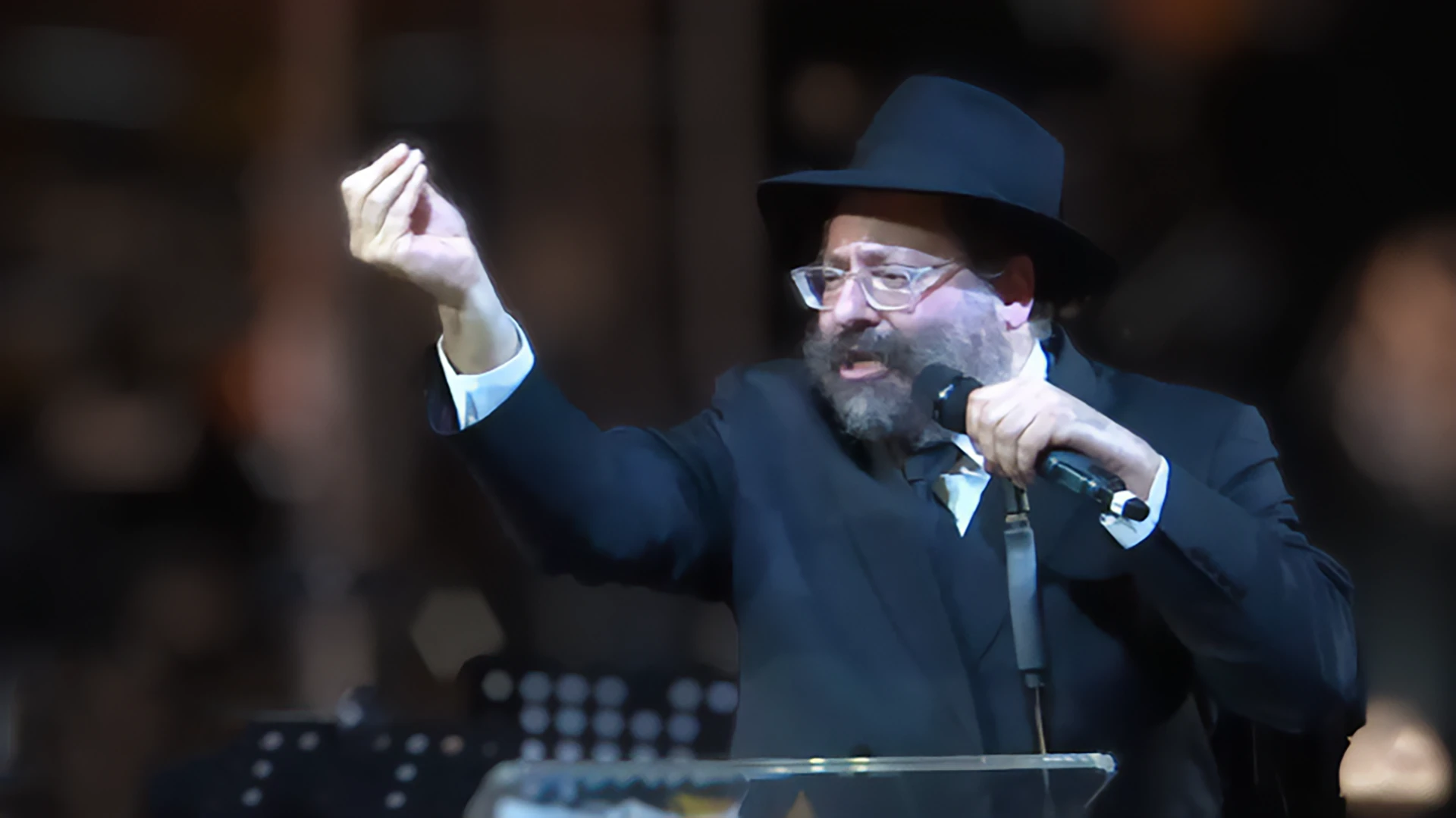
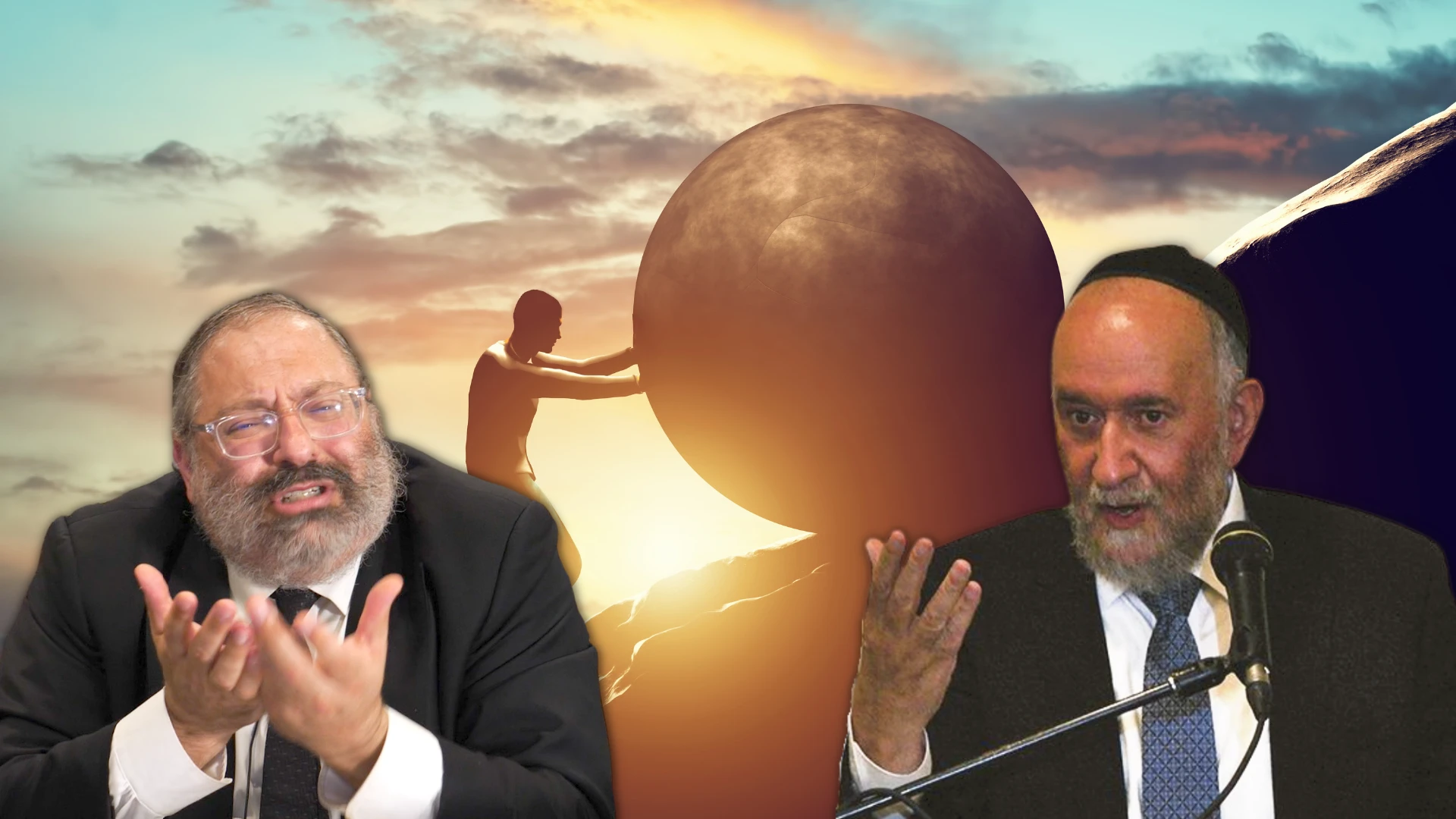
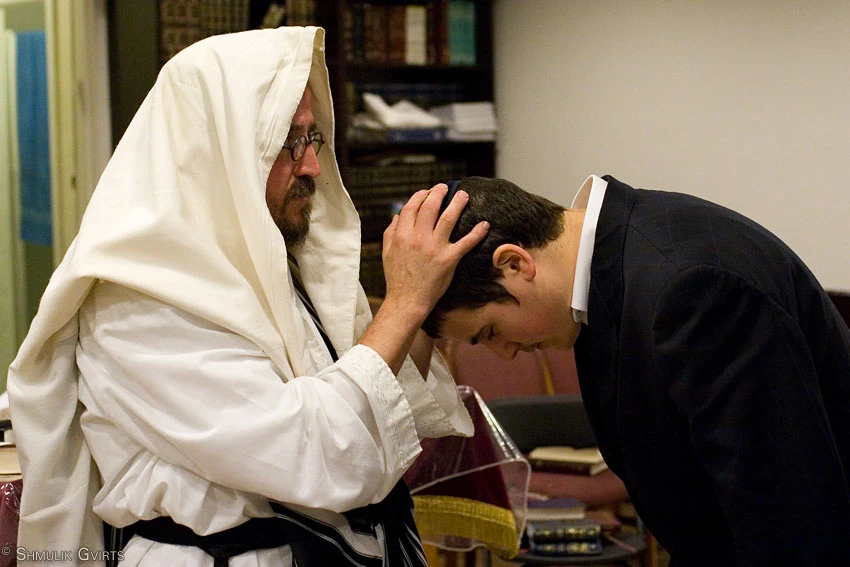
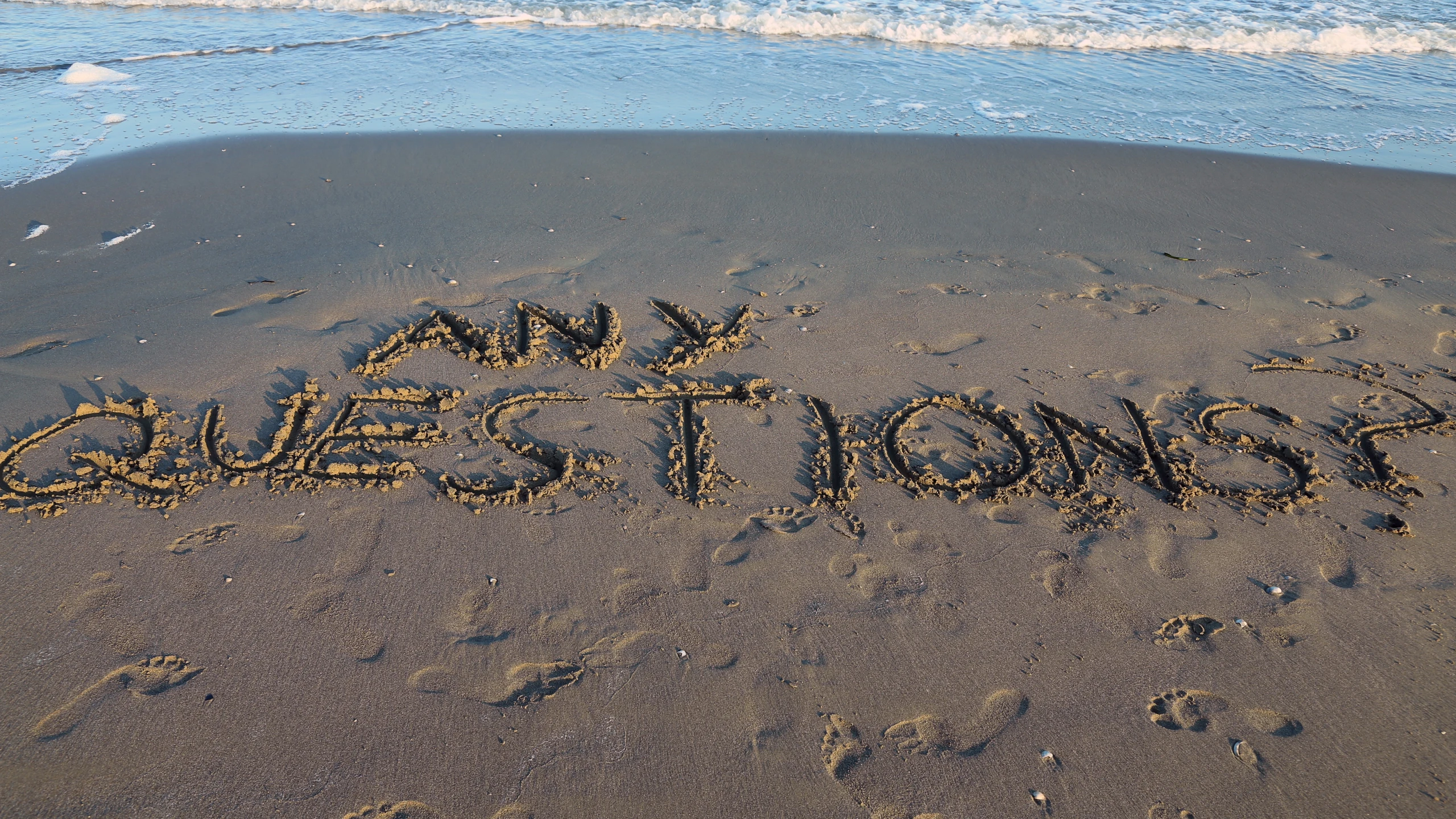
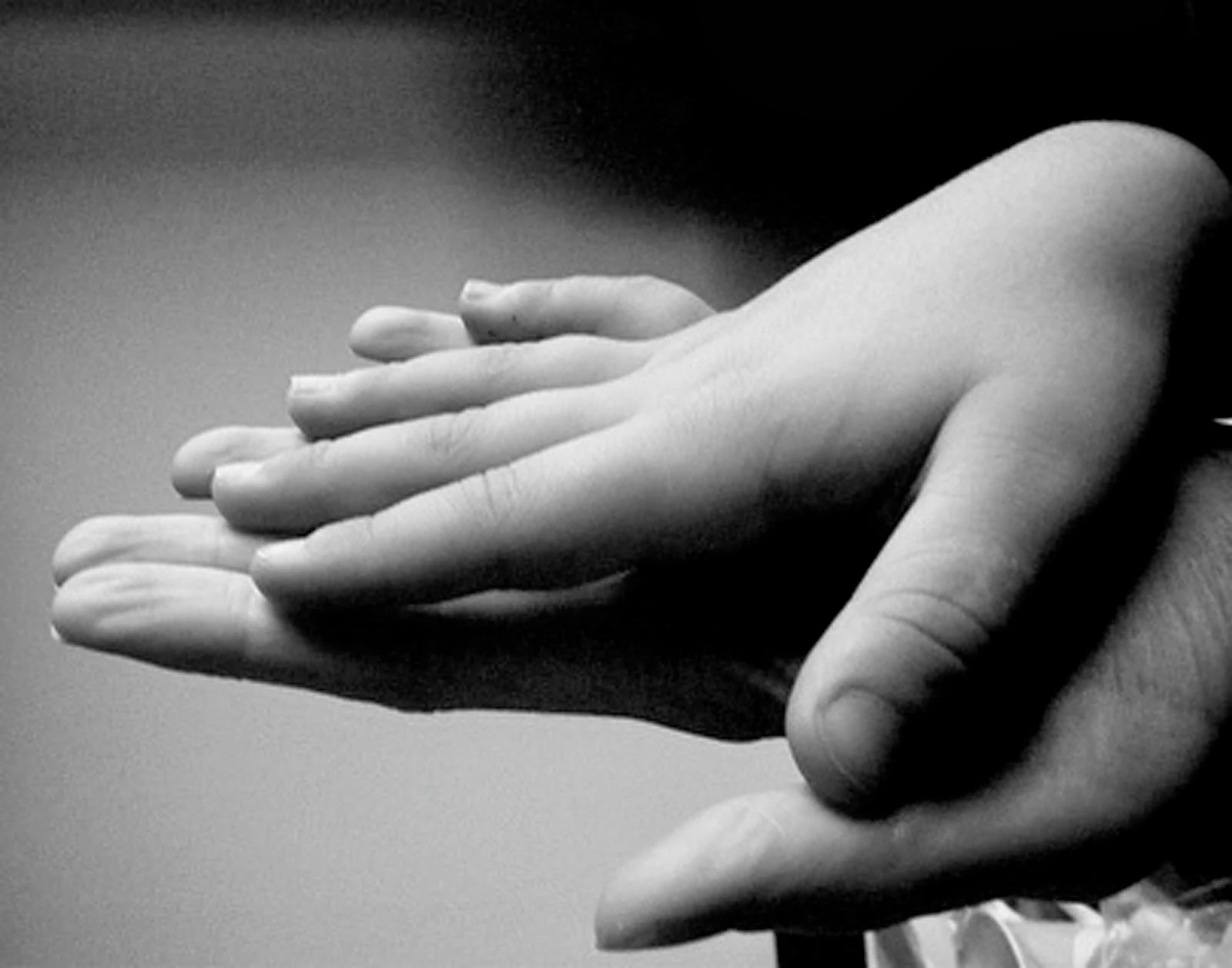

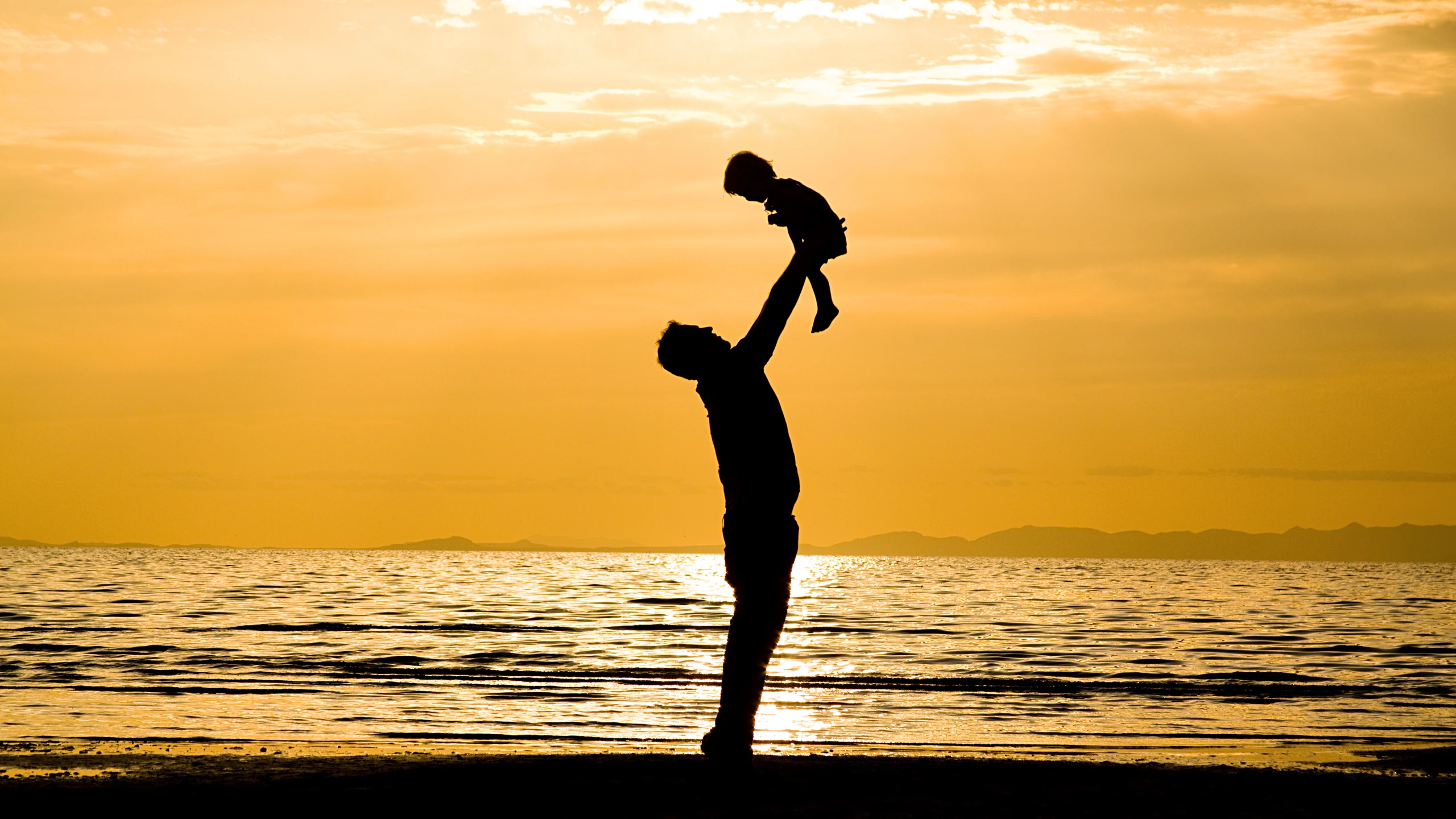
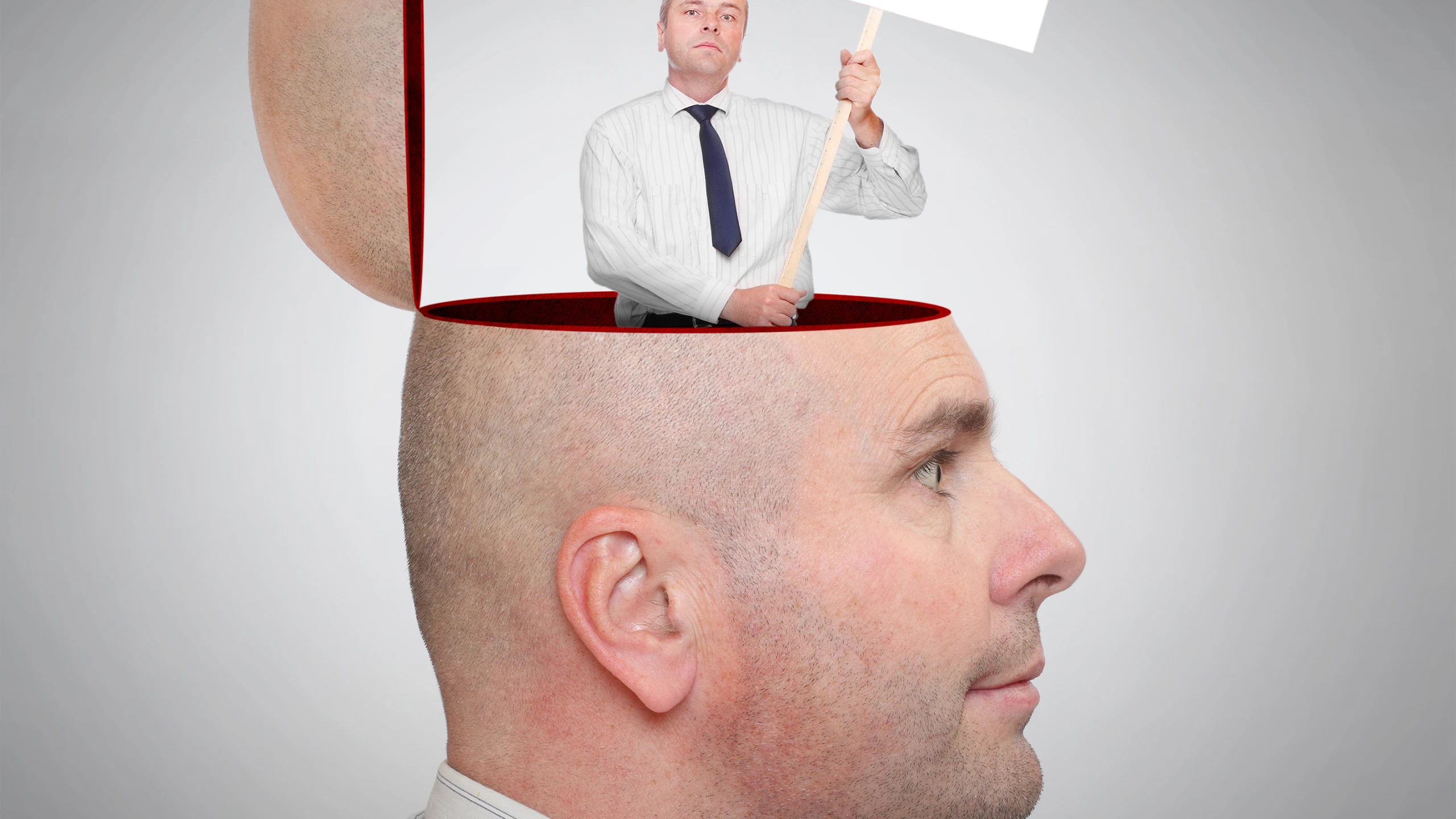
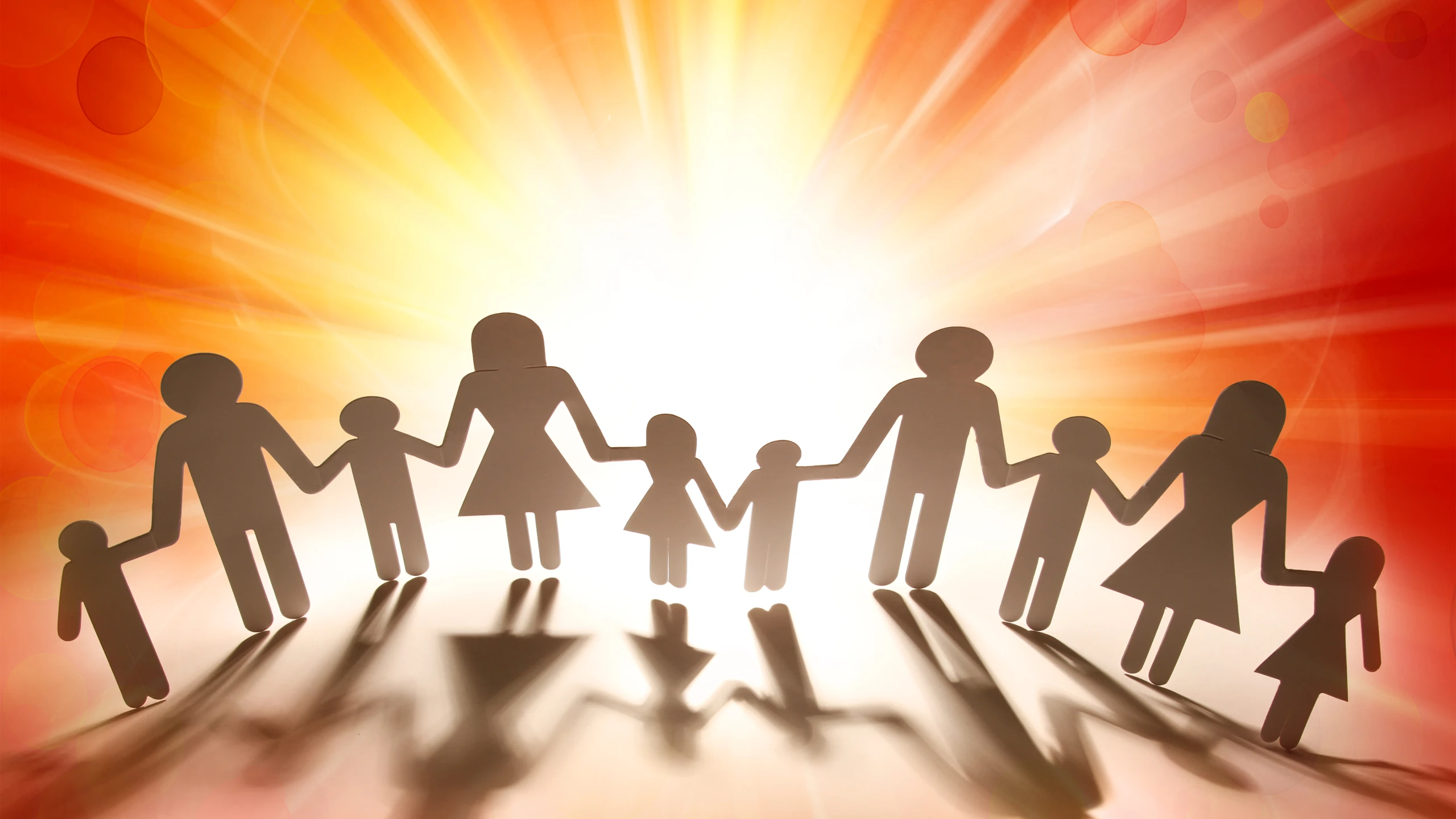

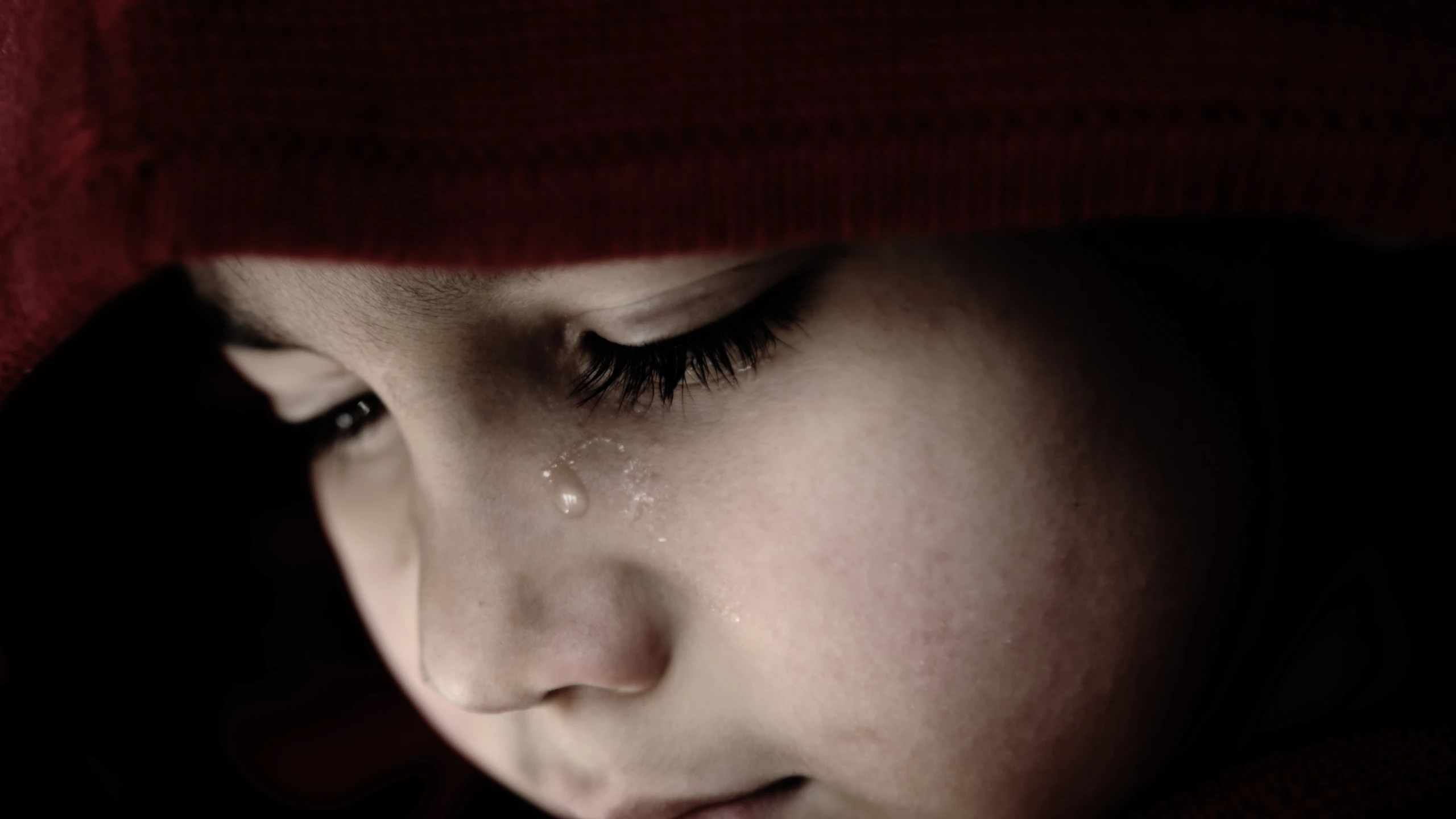
Please leave your comment below!
Elyas Patel -9 months ago
Religious Values are the only means to create a society where everyone feel secured and this procedure begins with our children via Parents School Teachers and Rabbi's from the earliest days of their WORDLY LIVES..SHALOM ENTIRE TIME...
Reply to this comment.Flag this comment.
NORMAN HAUPTMAN -5 years ago
ELEVATION, LOVE, PEACE
YOU'RE A WINNER. You're a winner, A high flying Star. God's gift to the world. Yes you are, yes you are.
Reply to this comment.Flag this comment.
NORMAN HAUPTMAN -6 years ago
God's Image
I honor & love The God in me
I honor & love the God in you
Thank you for being my neighbor
Reply to this comment.Flag this comment.
Anonymous -7 years ago
Dear Rabbi Jacobson,
I read your article and really liked it.
Everything you write is true but I do want to add 1 more insight, I wonder if I'll get the same answer that I got from your counterparts in the community I live.
We grew up that weapons is not a yiddish thing עשו is ועל חרבך תחי I believe that this is deception, the Torah also says ויתד על אזיניך which means that weapons is a given, the Torah says on top of that you shall also have a יתד. What is the difference עשו wants it to kill but the jew should also have it for self defense.
I'm a proud gun owner I always carry my weapon. I once asked the administrator of the my kids schools, why they don't have armed security guards at the buildings, it takes one terrorist to take hostage thousands of kids? His reply was we can't watch השם is watching.... to me this seems like אמונה טפילה God wants us to do the utmost השתדלות that is normal in the society we live in. in this society that means armed security. Only a few years later we all heard in the news that the government provided funding to all schools for security and they abused it.
Rabbi I know I message you maybe too often. I can imagine that I'm not the only one you probably have thousands and I don't judge you if you read or pay attention to all of it. But, this one you invited me to share my thoughts, I did and would very much appreciate your insight on this.
Best regards
Reply to this comment.Flag this comment.
Elle -7 years ago
Great article. I agree but as a former public school high school teacher, one of the most frustrating things was the antagonism of parents to any kind of inspirational messages regarding ethics,morals, values. Why? Because then their children might question the unethical, immoral etc conduct of family and relatives at home. Drugs, adultery, physical abuse, shoplifting. One of my students proudly brought her shoplifters clothes to school with the tags still on. When I gently approached the ethics, she retorted angrily: My mom does it all the time. I'm not stealing from a person. It's just a big store.
Nu?
So yes, it is crucial to bring right and wrong back into schools. And into homes because " Our home is where our story begins." My own grandchildren are told things by their parents that appall me, and if I question it ever so delicately, I get daggers. All I can do is to be the best example I can be, and hope there's a ripple effect. Thank you.
Reply to this comment.Flag this comment.
Anonymous -7 years ago
However.....
A powerful and well-articulated article, to be sure, but this seems to disregard all of the school shootings/killings and other mass killings in the United States prior to the secularization of the school system.
I am aware of the poor source ( it is Wikipedia) however, all of these incidents have sources listed in the article.
Please take a look. Wikipedia List of School Shootings
Thanks.
Reply to this comment.Flag this comment.
Chaim -7 years ago
The Rebbe SAID PUT G-D back in schools.
Reply to this comment.Flag this comment.
Ephraim -7 years ago
Fact on number of school shootings in 2018
The left is pushing this lie of 18 school shootings in 2018. Look below to the reality.
The fact is there are really 3. Where does the fake news come up with 18?
The number 18 comes from the Everytown Group, who are they? They are an advocacy group co-founded by former mayor Michael Bloomberg that seeks to prevent gun violence. They use a BROAD definition of school shooting
As we’ll see, Everytown counts shooting incidents that are dramatically different than what happened in Florida:
2018 U.S. school shootings as counted by Everytown
Date
Place
Details
Jan. 3
East Olive Elementary, St. Johns, Mich.
Man committed suicide in parking lot. No other injuries.
(We found the building was not being used as a school, as East Olive had been shut down more than six months earlier.)
Jan. 4
New Start High, Seattle
Unidentified shooter fired shots into building. No injuries.
Jan. 10
Grayson College, Denison, Texas
Student unintentionally fired a bullet from gun legally possessed by an instructor that struck a wall. No injuries.
Jan. 10
Coronado Elementary, Sierra Vista, Ariz.
Student committed suicide in bathroom. No other injuries.
Jan. 10
California State University, San Bernardino
Gunshots, most likely fired from off campus, hit a campus building window. No injuries.
Jan. 15
Wiley College, Marshall, Texas
Shots fired from car in parking lot, with one shot hitting window of residence hall. No injuries.
Jan. 20
Wake Forest University, Winston-Salem, N.C.
One student wounds another student during argument at sorority party.
Jan. 22
Italy High, Italy, Texas
Student opens fire in cafeteria, wounding one student before firing at another student and missing.
Jan. 22
NET Charter High, Gentilly, La.
Unknown person fired shots at students standing in parking lot. No injuries from gunshots.
Jan. 23
Marshall County High, Benton, Ky.
2 students left dead in mass shooting by student. More than a dozen students injured.
Jan. 25
Murphy High, Mobile, Ala.
Student fired into the air outside school after argument in school. No injuries.
Jan. 26
Dearborn High, Dearborn, Mich.
Individual ejected from game for fighting was shot at in parking lot. No injuries.
Jan. 31
Lincoln High, Philadelphia
Man fatally wounded in fight in parking lot.
Feb. 1
Salvador B. Castro Middle, Los Angeles
Student unintentionally fires gun in classroom, wounds two students.
Feb. 5
Oxon Hill High, Oxon Hill, Md.
Student wounded in parking lot during apparent robbery.
Feb. 5
Harmony Learning K-12, Maplewood, Minn.
Student pressed trigger on school liaison officer’s gun. No injuries.
Feb. 8
Metropolitan High, New York, N.Y.
Student fired gun into floor in classroom. No injuries.
Feb. 14
Stoneman Douglas High, Parkland, Fla.
Ex-student allegedly commits mass shooting; 17 deaths.
So, there are 18 incidents in which a gun was fired inside a school or on school property.
Three -- Italy, Texas, Kentucky and Florida -- were mass shootings.
But of the other shootings:
Nine involved no deaths and no gunshot injuries.
Two were suicides, with no other injuries (including the one at the closed school).
Three were unintentional (although one caused injuries).
Rest of the world
As PolitiFact National has noted, mass shootings do happen in other countries. But they do not happen with the same frequency as in the United States.
Two researchers -- Jaclyn Schildkraut of the State University of New York in Oswego and H. Jaymi Elsass of Texas State University -- analyzed mass shootings in 11 countries, covering the period from 2000-14. Aside from the United States, they looked at Australia, Canada, China, England, Finland, France, Germany, Mexico, Norway and Switzerland.
The United States had more mass shootings -- and more people cumulatively killed or injured -- than the other 10 nations combined, according to their research. While part of this is because the United States has a much bigger population than all but China, the difference can’t be explained by skewed population numbers alone.
But as for the other part of Greenfield’s claim -- that there have been only 18 school shootings in the rest of the world over the past 20 years -- Greenfield told us he couldn’t recall the source of that information, adding, "yes, I cop to insufficient research."
Mark Bryant, executive director of the Gun Violence Archive (which the New York Times uses to track school shooting data), told us the 18-shootings figure could be correct in terms of how many mass shootings occur in schools outside of the United States that get widespread news coverage.
But Bryant said there is no way to know -- based on the definition of school shootings that Greenfield relies on -- how many such shootings occur around the globe.
About 24 hours after posting the tweet, Greenfield took it down.
Our rating
In the wake of a Florida school shooting that left 17 people dead, Greenfield said: "In the rest of the world, there have been 18 school shootings in the last twenty years. In the U.S., there have been 18 school shootings since January 1."
By one count widely cited in the news media, there have been 18 incidents in which shots were fired inside or outside of a school or university building in the United States so far in 2018. But only three involved a mass shooting. And the count includes two suicides, three accidental shootings and nine incidents in which there were no fatalities or injuries.
As for the rest of the world, Greenfield had no evidence to back up that part of his claim. And an expert relied on by the New York Times for gun violence statistics told us there is no way to know how many school shootings -- using the definition Greenfield relies on -- have occurred outside of the United States over the past 20 years.
For a statement that contains only an element of truth, our rating is Mostly False.
Reply to this comment.Flag this comment.
Kenneth olen Smith -7 years ago
Dear wonderful Rabbi Jacobson, your article goes right to the very problem lack of compassion and love for every creature, in todays world murder is taught in the movies and childrens video games, guns and swords idolized and the most filthy language and nudity on regular basic T.V. When i went to school in the fifties, teachers cared about all the children and taught them love and compassion for others, they were your friend and you could be sure they care about you.We teach our children and grandchildren and great gradchildren love for all people and G_ds creatures. Dear Rabbi thank you for the wonderful articles you are a great blessing to the nations our members and family, thank you.
Sincerely with Gratitude
Kenneth olen Smith
Reply to this comment.Flag this comment.
Anonymous -7 years ago
Excellent article, and not just because it makes good points but because it offers something purposeful that we can do to follow up. Simply passing it to as many people as we can is one way we can spread the light of its message. I hope that this has been posted where the social media can pick up on it. And if we want to get even more mileage out of the article and transform negative energy into positive acts - look what one man accomplished. He has been at it for years. I had no idea he has achieved moments of silence in quite a few schools, doggedly and single-handedly. I know he is seeking financial support to help him continue his work - that is another purposeful way to respond to this madness.
There was, however, a problematic point in the article. First you strutted how fortunate we are to have ingrained in us a Divine moral standard and therefore, we do not kill people. Then you mentioned a teacher-molester and cases of abuse. These aberrant behaviors do not actually kill, but they wreak emotional destruction on young people's lives. These values as well had been taught and imbibed with mother's milk, I am sure, and yet there were perpetrators. The student-teacher mischief you describe seems to have been serious enough to convince readers that students are human even when they pray daily. You made the point. But why mix this other malady into the madness. Let's keep the article focused on the crime at hand.
Reply to this comment.Flag this comment.
Lewis -7 years ago
Your paper was clear. I do not have any answers about the shootings but I have expected them since Columbine.
More gun laws won't change things. Anyone can buy a gun with no questions asked from individuals or at country fairs.
Reply to this comment.Flag this comment.
Shmuel -7 years ago
Reply to this comment.Flag this comment.
Bassie -7 years ago
Best article I've seen! Hope the shluchim will implement in their communities.
Reply to this comment.Flag this comment.
Sara -7 years ago
Such a powerful Article!
Reply to this comment.Flag this comment.
Sara -7 years ago
Right on target
Reply to this comment.Flag this comment.
Michelle -7 years ago
A little thought...
I think it is important to know the difference between right and wrong...Also others have to acknowledge at least to themselves something that another did wasn't great but does it seem they know the difference between right and wrong even if different than other judging with different personal values?
I think the comment about the moment of silence in that PS school is very ingenius...as its not complicated and allows others not to just be mournful of events that happen, but allows them to reflect on what feels right to them..whether they accomplish goals and be productive whether or not directly helping others...Its important to feel like you are allowed to have something for yourself which others can't just take away with anger on both end just rising...
Reply to this comment.Flag this comment.
Molly -7 years ago
Thank you !
Not much to add on the other comments. Just so in place to have read this.
Sometimes people, all of us - me including get so busy trying to find the answer that we easily miss the real answer.
Reply to this comment.Flag this comment.
Sam -7 years ago
Its the Films
Reply to this comment.Flag this comment.
Sam -7 years ago
Its the Films
Reply to this comment.Flag this comment.
Sam -7 years ago
Its the Films
Reply to this comment.Flag this comment.
Sam -7 years ago
Its the Films
Reply to this comment.Flag this comment.
Sara Metzger -7 years ago
How to protect our children
Dear Rabbi YY,
Thank you so much for writing this article. I have been reading and listening to people all around me and on the internet, on FB and other places talking about gun control, politicians, mental diseases and I was getting more and more frustrated about all of the talk I was hearing because deep down inside I knew there was more to this than those discussions. Your article about morality and teaching our children that there is a difference between right and wrong and that it matters has enabled me to enter Shabbat with more calm, yes more calm. And I thank you for that.
Reply to this comment.Flag this comment.
Simi Koenig -7 years ago
Reply to this comment.Flag this comment.
Anonymous -7 years ago
thank you for a wonderful article really getting to the solution !!
Reply to this comment.Flag this comment.
Anonymous -7 years ago
thank you
Reply to this comment.Flag this comment.